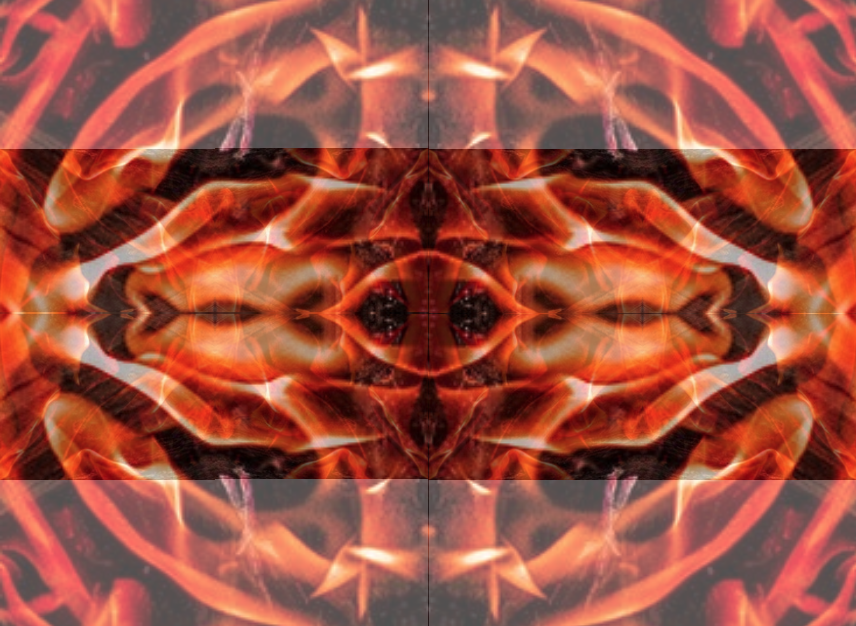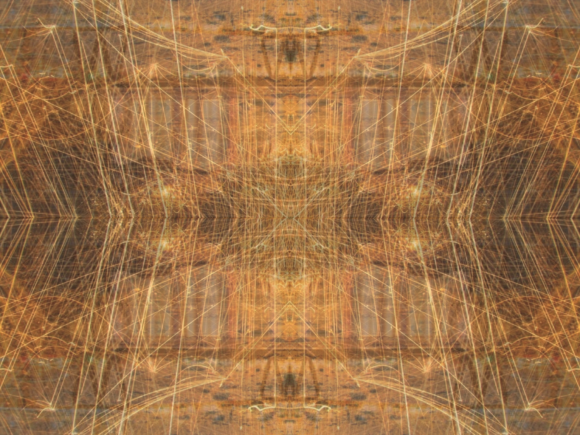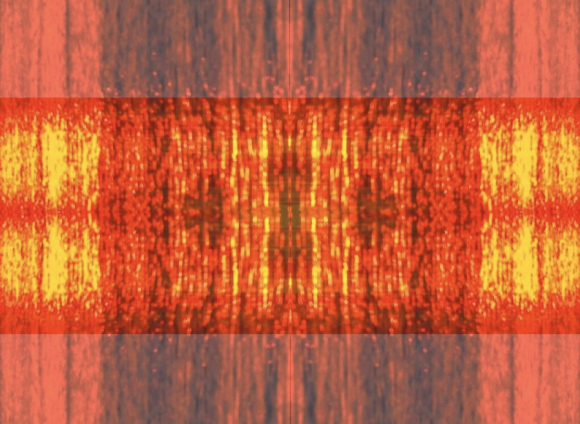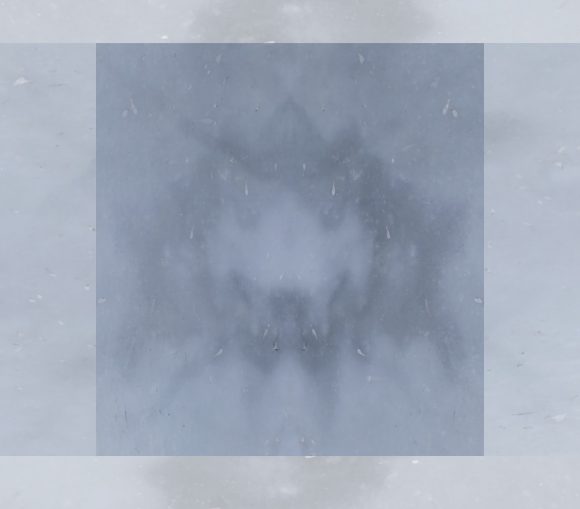To add some more detail to the distinction we’re exploring, between spirit-work and soul-work, according to Hillman’s “Peaks and Vales” essay, let’s look at a common experience: distractions we suffer when we attempt some typical spirit work (such as meditation, yoga or chi gung, even concentrating on an intellectual task). These distractions may fall under either of Hillman’s first two criteria (pathologizing of the soul and anima confusions), or perhaps even remain in a grey area in between them. But they illustrate the general idea well.

It happens more often than not that we meditate, concentrate on some difficult or abstract work, or simply want to focus on some game or sport — and something interrupts and distracts from that focus. The disrupting factor can be something overtly psychological (an unbidden memory or thought), but it might equally be a feeling, a psychological sensation (becoming tired, feeling irritated), or even an outside event (such as a flash of light or a noise).
In the case of psychological distractions, there is a parallel to what Freud called “the psychopathology of everyday life”, those events that have even become proverbial as “Freudian slips”, sudden difficulties concentrating, over-sensitivity against outside noise, and the like. Similarly, Jung’s early work with word associations found these characteristics of an autonomous complex: “disturbance of responsiveness, [it] withdraws the response or at least effects a disproportionate delay, or it causes an unfitting reaction, and subsequently it frequently also removes the memory of the response” (GW VIII, §593).
Yet even if it is an external factor (i.e. a sense impression, such as a noise or some movement in the visual field, even a smell) which distracts us, there must still be some psychological support, some disposition to let the distraction happen. For if we close the windows, switch off distracting devices etc., the tendency to become distracted does not go away, and might be triggered by even the slightest detail. If you manage your environment extremely well to protect yourself from external disruption, what will start to distract you are the sounds and movements in your own body (you may become irritated at your own heart beating or just the sound of your breathing). So what distracts is not the external event as such — that is just a vehicle, something the soul latches on to. And if you disable one vehicle, the soul will find another to get attention. Developing a spiritual focus which successfully suppresses all that takes a lot of training; and although it may be seen as an ideal by some, if Hillman is right then this supreme ability to achieve one-sided purification comes with a cost, too. (The benefit accrues to spirit, and the cost is paid by soul.)
The alternative, presumably, is to supplement spirit-work with psychological work: roughly, accepting the distractions as integral part of life, and realizing their tendencies. Thus, as Jung sagely wrote,
[there is] no light without shadows and no wholeness of the soul without imperfections. The consummation of life requires not perfection, but completeness. This includes the “stake in the flesh”, the suffering of defectiveness, without which there is no path forwards and none upwards.
[es gibt] kein Licht ohne Schatten und keine seelische Ganzheit ohne Unvollkommenheit. Das Leben bedarf zu seiner Vollendung nicht der Vollkommenheit, sondern der Vollständigkeit. Dazu gehört der “Pfahl im Fleisch”, das Erleiden der Mangelhaftigkeit, ohne welche es kein Vorwärts und kein Aufwärts gibt.
GW XII, §208.



